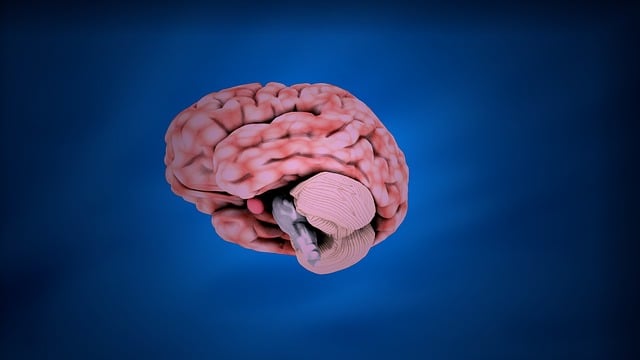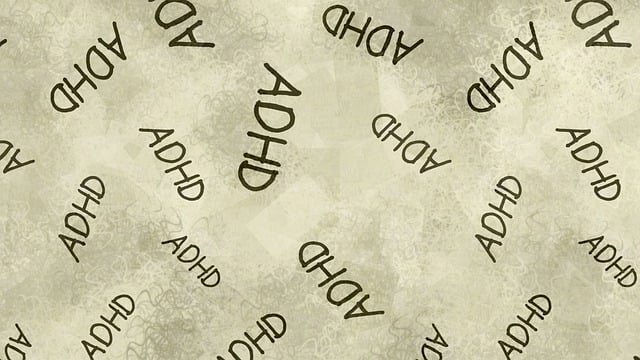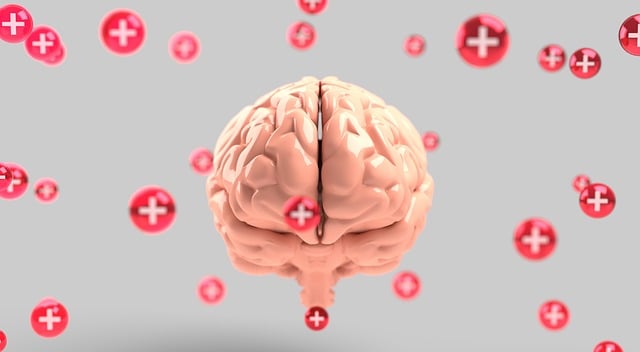Adolescent mental health requires specialized therapy addressing peer pressure, academic stress, and identity formation, influenced by social media. Key interventions include developing decision-making skills and forming independent identities, with gender-affirming care offering targeted support for diverse gender identities. Integrated emotional well-being promotion techniques empower teens to cope with stressors, fostering resilience. Mental health policy analysis and advocacy drive systemic changes prioritizing access to quality care. Integrating gender-affirming practices into mental health education creates safe spaces, validating diverse identities and enhancing open dialogue. Effective programs combine theoretical knowledge with practical application, including stress management, healthy communication, and gender-affirming care perspectives. Regular updates and ongoing support strengthen program impact. Tailored strategies ensure accessibility and engagement for adolescent teens, catering to diverse needs through specialized therapy options.
Mental health education is a cornerstone in fostering well-being, especially among adolescents grappling with unique challenges. This article delves into the intricate process of designing comprehensive programs tailored to teen needs. We explore crucial aspects such as identifying specific mental health issues faced by this demographic and integrating gender-affirming practices to create inclusive care environments. Additionally, we discuss effective program structure, engaging content modules, and implementation strategies for optimal results, emphasizing the significance of accessibility and participation in teen therapy.
- Understanding Adolescent Mental Health: Identifying Unique Challenges Faced by Teens
- Integrating Gender-Affirming Practices: Creating Safe Spaces for Expressive Care
- Program Structure and Content: Designing Effective Education Modules
- Implementation Strategies: Ensuring Accessibility and Engagement for Optimal Results
Understanding Adolescent Mental Health: Identifying Unique Challenges Faced by Teens

Adolescent mental health is a specialized field that requires tailored approaches to support teens navigating complex emotional landscapes. This critical period in development often presents unique challenges, with many young individuals struggling with issues distinct from those experienced by adults or younger children. From peer pressure and academic stressors to identity formation and social media influences, understanding these specific barriers is paramount in designing effective interventions.
Therapy for adolescent teens must consider the evolving nature of their minds, including developing decision-making skills and forming independent identities. Gender-affirming care, as a progressive approach, recognizes the validity of gender diversity among teens, offering specialized support that can significantly impact self-esteem improvement. By integrating Emotional Well-being Promotion Techniques, mental health programs can empower teens to cope with stressors, fostering resilience and encouraging open dialogue about their experiences. Moreover, Mental Health Policy Analysis and Advocacy play a crucial role in ensuring systemic changes that prioritize adolescent mental health, ultimately improving access to quality care.
Integrating Gender-Affirming Practices: Creating Safe Spaces for Expressive Care

Integrating gender-affirming practices into mental health education programs is essential in creating safe spaces for expressive care, especially for adolescent teens undergoing therapy. This approach recognizes the profound impact of gender identity and expression on mental wellness. By incorporating strategies that validate and support diverse gender identities, therapists can foster an environment where young people feel seen, heard, and respected. Such practices encourage open dialogue, enabling adolescents to explore their emotions and experiences without fear of judgment or discrimination.
The development of mental wellness coaching programs should prioritize the training of healthcare providers in cultural competency. This includes learning about the unique challenges faced by gender-diverse youth and acquiring skills to conduct comprehensive risk assessments. Through ongoing education and sensitivity training, mental health professionals can ensure they provide inclusive care that aligns with the evolving needs of their patients, ultimately enhancing the effectiveness of therapy for adolescent teens seeking gender-affirming care.
Program Structure and Content: Designing Effective Education Modules

When designing a mental health education program for adolescent teens, it’s crucial to structure modules that seamlessly blend theoretical knowledge with practical application. Each session should be meticulously crafted around key topics like identifying and managing stress through evidence-based practices, fostering healthy communication strategies, and integrating gender-affirming care perspectives. Incorporating interactive elements such as role-playing scenarios, case studies, and group discussions enhances learning outcomes.
Focus on creating a supportive environment where teens feel safe to express their experiences and concerns. This includes equipping mental health professionals with robust risk assessment tools and crisis intervention techniques. Regularly updating the program content based on emerging research ensures that the curriculum remains relevant and effective in addressing contemporary mental health challenges faced by adolescent teens. Additionally, offering ongoing support through peer-to-peer learning networks and access to stress management workshops strengthens the overall program impact.
Implementation Strategies: Ensuring Accessibility and Engagement for Optimal Results

Implementing a mental health education program requires thoughtful strategies to ensure accessibility and engagement, factors key to achieving optimal results. This includes adapting content for diverse audiences, particularly adolescents and teens, offering tailored therapy options like gender-affirming care, which has proven effective in addressing unique challenges within this demographic. By incorporating these approaches, the program can cater to a broader spectrum of individuals, fostering higher levels of participation and ultimately enhancing the impact of mental health education.
Additionally, leveraging strategies such as risk assessment for mental health professionals, social skills training, and burnout prevention can further enrich the program. These elements contribute to a supportive environment, empowering participants while ensuring their well-being. Effective implementation involves regularly reviewing and updating these strategies based on feedback and emerging research, thereby sustaining engagement and adaptability in addressing evolving mental health needs.
Mental health education programs play a pivotal role in fostering resilience among adolescent teens. By integrating insights from understanding teen challenges and gender-affirming practices, we can create safe spaces that encourage expressive care. Effective program structure and content, coupled with strategic implementation, ensure accessibility and engagement, ultimately enhancing the efficacy of therapy for adolescent teens. These efforts contribute to a holistic approach that addresses unique mental health needs in today’s world.














